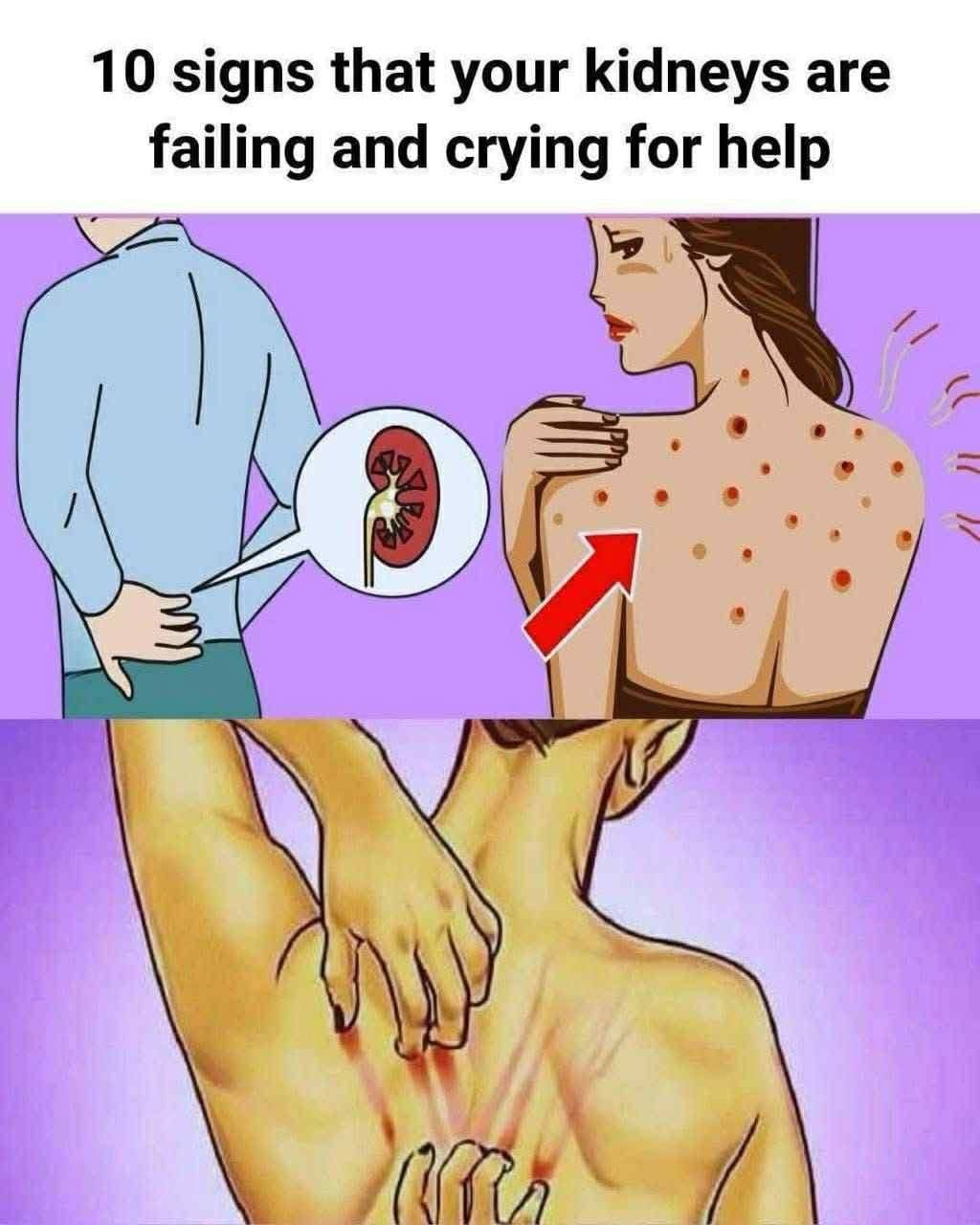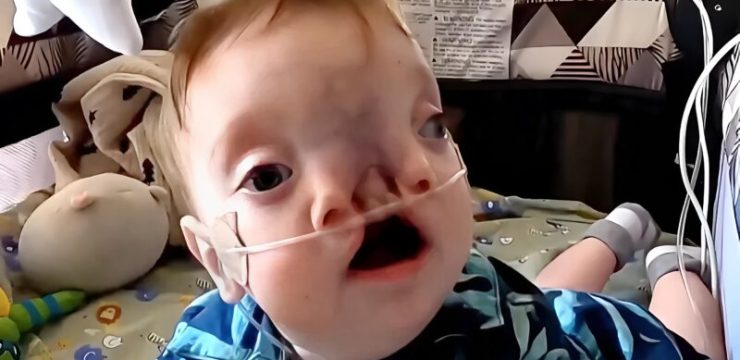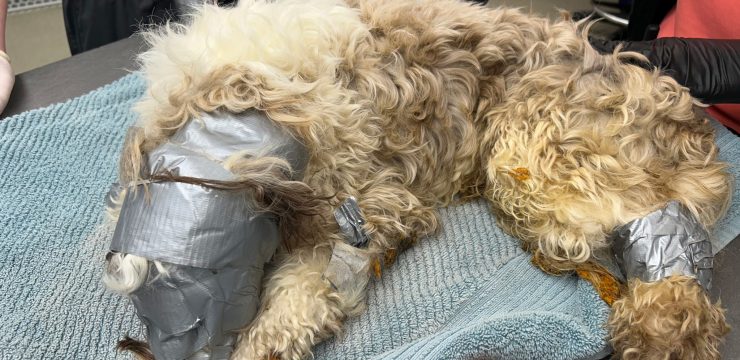Kidney disease is one of those silent conditions that often go unnoticed until it has already begun to do serious damage to your body. Because your kidneys play such a vital role in keeping you healthy, recognizing when they are in danger is essential. Early detection can make all the difference in preventing complications that could change your life forever.

If you notice unusual symptoms, taking action quickly by consulting a doctor could help protect not only your kidney health but also your overall well-being. To understand why this is so important, it helps to know just how critical your kidneys are. These bean-shaped organs, located on both sides of your spine just under the ribcage, are constantly at work filtering toxins and excess fluids from your blood, balancing electrolytes, and helping to regulate blood pressure. They also produce hormones that stimulate the production of red blood cells and support bone strength. On average, healthy kidneys filter between 120 to 150 quarts of blood daily, removing waste products and turning them into about one to two quarts of urine.
Without them functioning properly, the entire balance of your body is thrown off. Kidney disease happens when these organs lose their ability to do their job effectively. It can be caused by chronic conditions such as high blood pressure or diabetes, by infections, autoimmune disorders, or even inherited genetic factors. Left untreated, kidney disease can eventually progress to complete kidney failure, leaving a person dependent on dialysis or in need of a transplant. This is why knowing the early warning signs your kidneys are in trouble can be lifesaving. One of the first things people tend to notice is changes in urination. This can show up in different ways: needing to urinate more often, especially during the night, producing less urine than usual, or even noticing foamy or bubbly urine, which may indicate protein leakage. Another red flag is constant fatigue and weakness.
Since kidneys help regulate red blood cell production through a hormone called erythropoietin, when their function declines, anemia may develop. This lack of oxygen-carrying red blood cells can leave you feeling drained and unable to focus. Swelling, also called edema, is another major sign. Poor kidney function causes fluid to build up in the body, leading to puffiness in the legs, hands, face, or abdomen. Back pain that is persistent, especially around the lower ribcage area, may be linked to kidney problems such as stones or untreated infections. Unexplained weight loss or a sudden loss of appetite is also something to watch for, as waste buildup in the blood can make eating difficult and leave you feeling full despite eating very little. Nausea and vomiting often occur for similar reasons, especially in the morning or after meals.
Difficulty sleeping can creep in as well, often tied to nighttime muscle cramps, restless leg syndrome, or frequent bathroom trips that interrupt rest. Some people report a metallic taste in their mouth, caused by uremia, which happens when toxins accumulate in the bloodstream. Muscle cramps and twitching can also point to electrolyte imbalances that kidneys normally control, such as calcium and phosphorus levels. Finally, itchy skin is a very common but often overlooked symptom. As waste builds up in the body, it can cause intense, widespread itching that does not go away with normal remedies. While these symptoms are worrying, there are steps you can take to reduce your risk of kidney disease. Staying hydrated, limiting your intake of salt and processed foods, managing chronic conditions like diabetes and high blood pressure, and avoiding the overuse of painkillers or NSAIDs can all help preserve kidney health. Regular medical checkups are crucial, particularly if you have a family history of kidney problems.
If any of these warning signs appear, it is important not to ignore them. A doctor can order tests such as blood work, urine analysis, or imaging studies to assess kidney function and determine the next steps. The earlier a problem is detected, the greater the chance of preventing long-term damage and keeping your kidneys working as they should. In the end, recognizing these warning signs could quite literally save your life. Your kidneys may be quiet workers, but when they are in danger, your body sends signals that should never be ignored. Paying attention, acting quickly, and getting proper medical care are the best ways to protect not only these vital organs but also your overall health. Kidney disease is serious, but with awareness and timely action, you can take control and safeguard your future.





